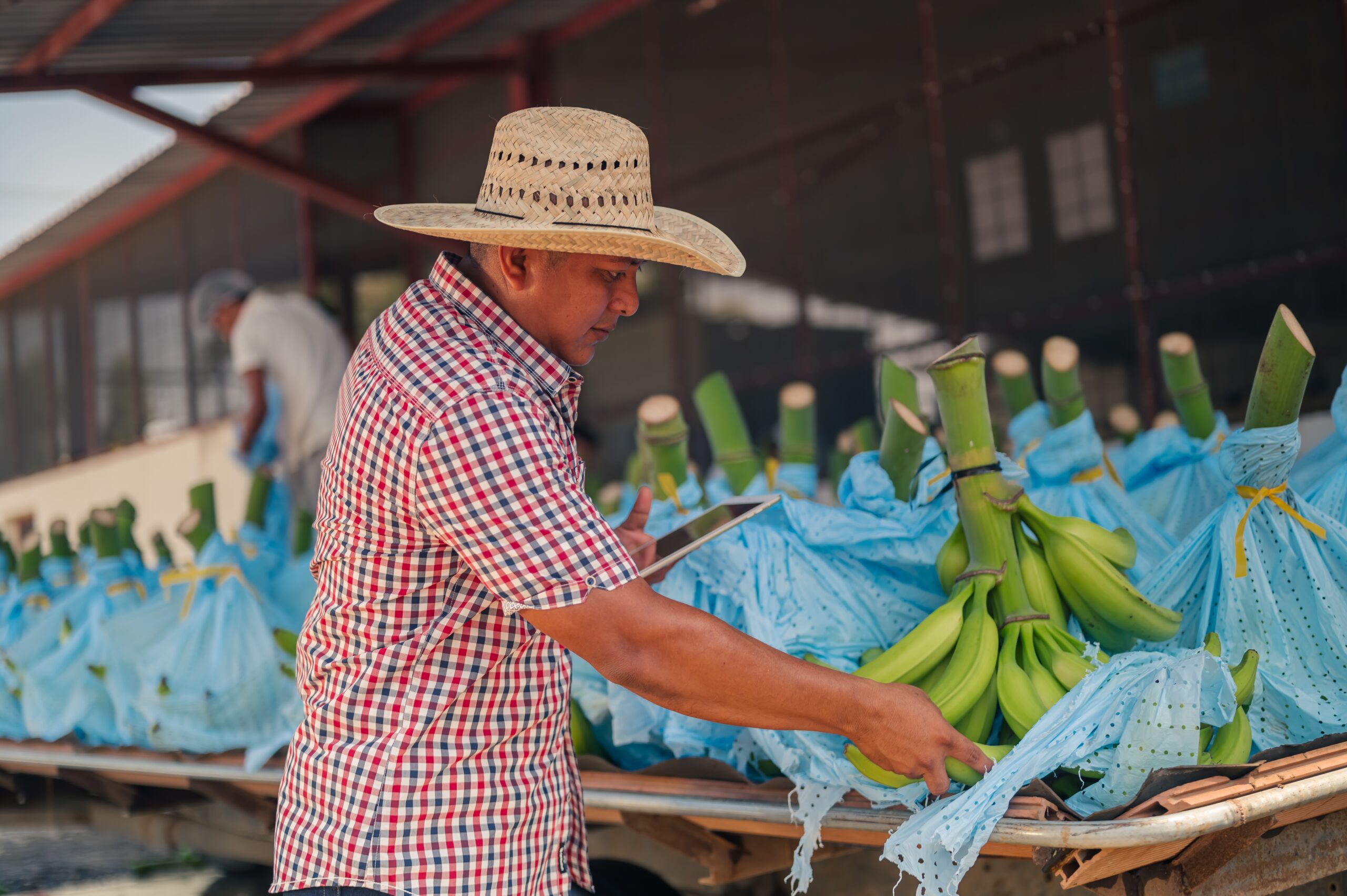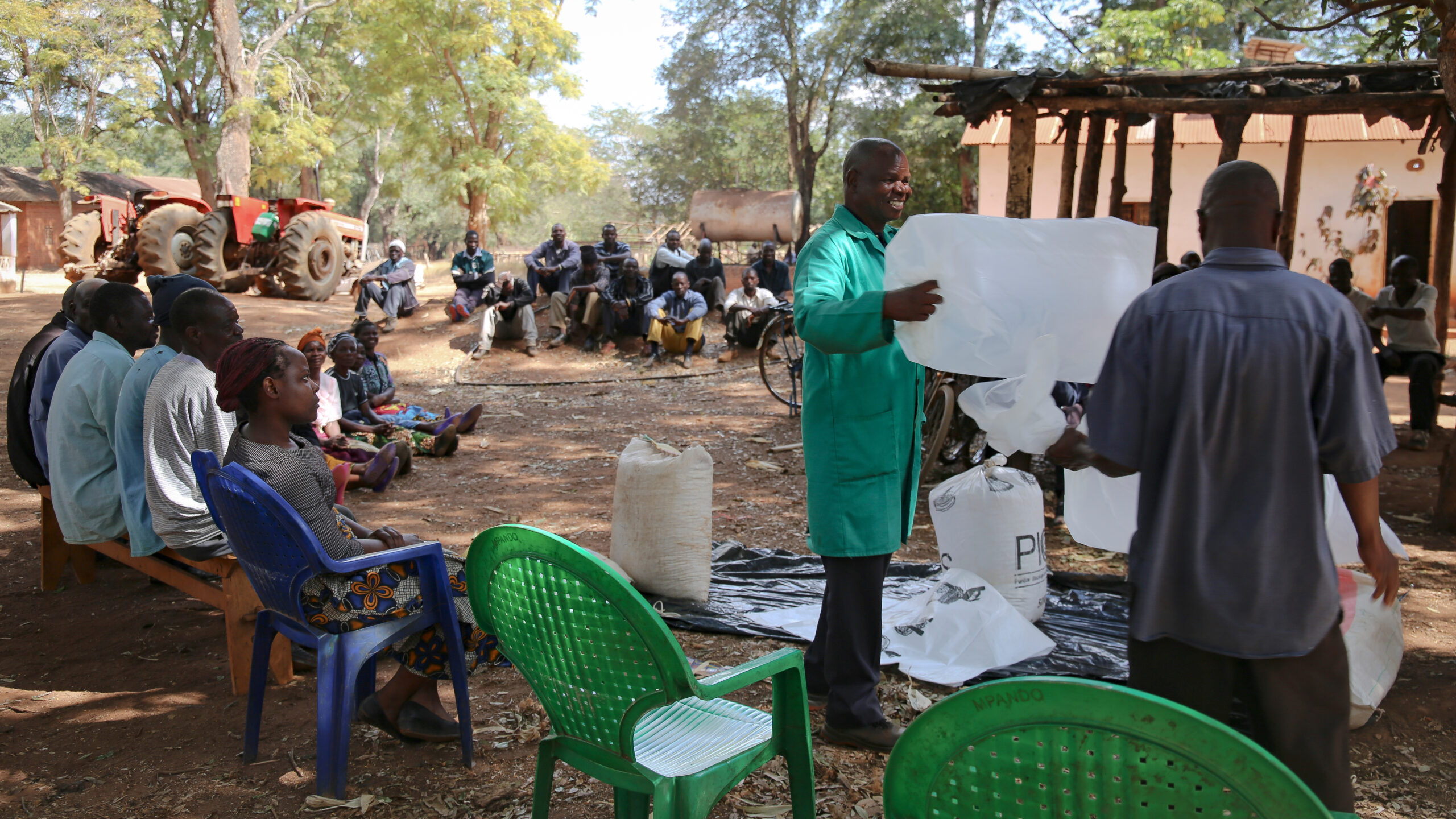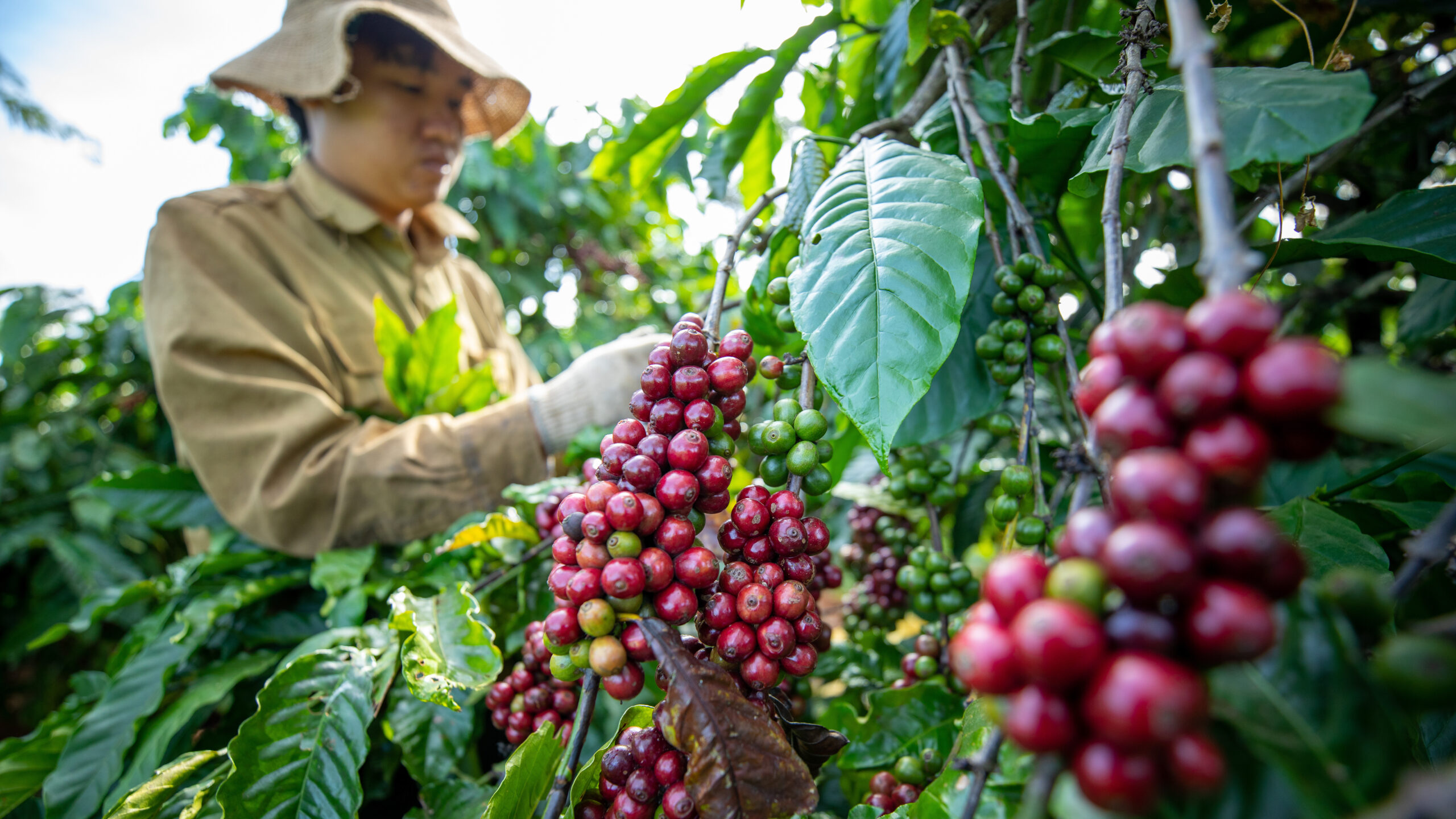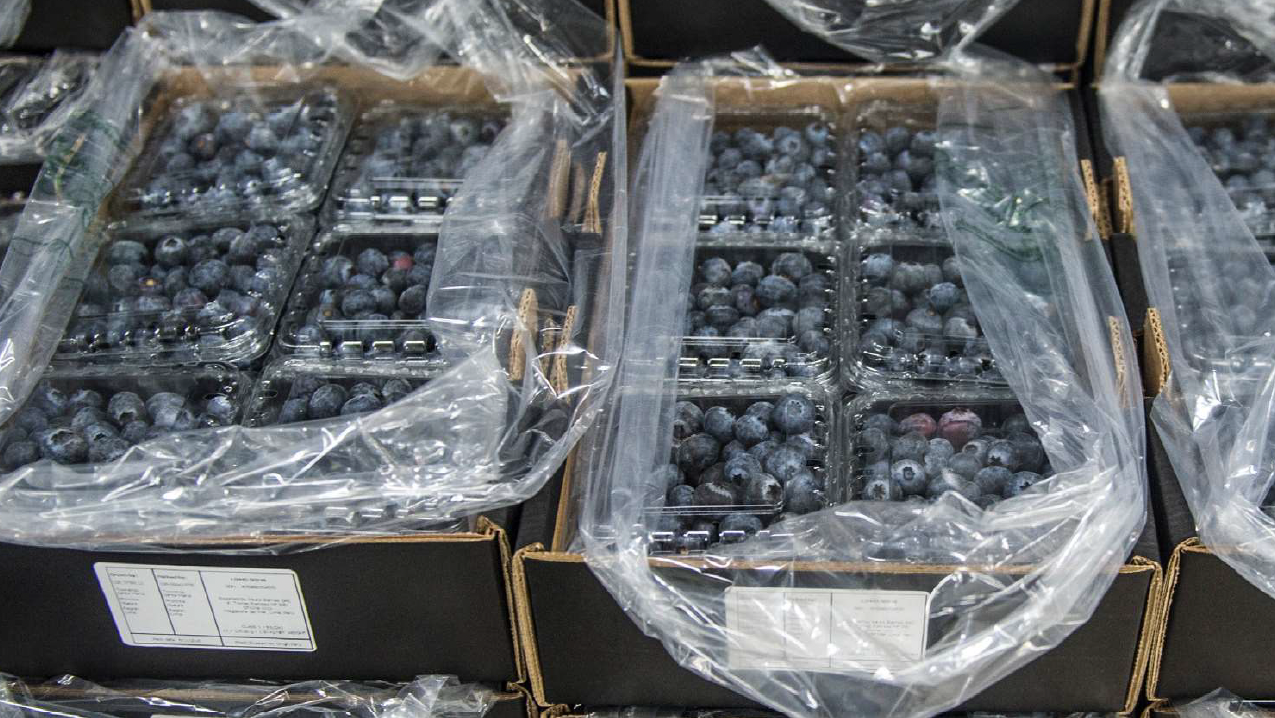Translation option:
The complex challenge of increasing food production while mitigating carbon dioxide emissions, building resilience to climate change, and reducing the burden of agriculture on natural resources requires innovative approaches. Promising strategies include increasing access to mechanization and adopting modern fertilization processes that contribute to climate change adaptation efforts, or the use of improved seeds. To pursue such changes farmers and others along value chains need greater access to financial resources, especially in low- and middle-income countries with high concentrations of smallholders.
To identify financial instruments that can improve agricultural productivity and are ecologically-friendly, IFPRI and the Universidad de los Andes, Bogotá, are carrying out an evidence synthesis within the framework of the Avanzar2030 program. The aim is to generate guidelines for the Colombian government to design conditional agricultural credit programs that promote sustainable practices and reduce negative impacts on the environment.
Avanzar2030, led by IFPRI, the Inter-American Institute for Cooperation on Agriculture (IICA) and the University of Notre Dame, and financed by the U.S. Agency for International Development (USAID), works with over 20 organizations from across Latin America to generate evidence of policy and institutional innovations in agrifood systems that support climate change adaptation, improve living conditions and diets, and protect food security. The initiative develops syntheses to identify interventions needed to transform the region’s food system, tailored to the context of each country.
The government of Colombia has made efforts to promote sustainable agricultural production such as the 2018 Green Growth Policy, which seeks to develop strategies for financing sustainable projects focusing on the efficient use of water and soil, the use of organic fertilizers, and the development of agroecology, among others. Additionally, at the 2021 UN Food Systems Summit, Colombia subscribed to the roadmap for equitable, healthy, sustainable and resilient food systems, which established the need to optimize the use of natural resources for the production, processing and distribution of food. This requires increasing funding for productive reconversion towards sustainable and environmentally friendly food systems.
More recently, climate financing is included as an important driver of sustainable development in the National Development Plan 2022-2026—Colombia, World Power of Life. This includes instruments that favor investment to reduce greenhouse gas emissions, promote adaptation, reduce biodiversity loss, and build resilience in the face of climate shocks.
To support this initiative, Avanzar2030 is developing an evidence synthesis to provide information and knowledge for decision-making based on four principles: (1) be inclusive by involving policymakers to ensure relevance and use, consider diverse types and sources of information, and involve a range of experts with an array of skills; (2) be rigorous, by using comprehensive evidence, recognizing and minimizing possible biases, and conducting independent reviews to ensure quality; (3) be accessible, communicating in clear, simple, timely language that ensures public access; and (4) be transparent, accurately describing research questions, methods, resources, and processes to ensure quality; recognizing and presenting assumptions, limitations, uncertainty, and disclosure of potential conflicts of interest.
Figure 1: Process of literature synthesis

The synthesis process is laid out in Figure 1. This study seeks to identify all literature related to innovative policies in food systems credit markets from databases identified by knowledge management experts (scientific and gray literature, among others). Initial screening will evaluate abstracts and titles using a predefined set of inclusion and exclusion criteria for standardization, prioritization, and selection of in-depth review documents. Finally, data will be extracted from selected literature and used to elaborate the quantitative and qualitative analysis identified in the literature and discuss the results for the generation of public policy recommendations.
The purpose of this procedure is to recognize international experiences and lessons learned that may be applicable to a national context for the design of conditional financial programs that contribute to the implementation of sustainable practices in agriculture. Such nature-friendly agricultural innovations have the potential to increase future food production with less land requirements. While focused on Colombia, the project ultimately aspires to share findings across Avanzar2030’s network of over 20 regional organizations so they can be applied to improve policy across Latin America.
Daniel Eduardo Vergara Mateus is a Research and Teaching Assistant at the Universidad de los Andes, Bogotá,, Colombia; Jorge Armando Rueda Gallardo, is an Associate Researcher with the Agrifood Systems Center, Universidad de los Andes; Brian McNamara is a Program Manager with IFPRI’s Markets, Trade, and Institutions (MTI) Unit; Valeria Piñeiro is IFPRI Regional Representative for Latin America and the Caribbean and a MTI Senior Research Coordinator.







